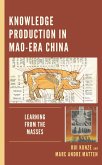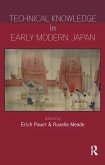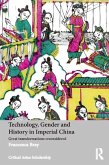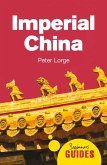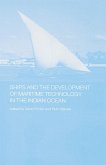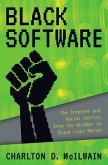This book traces and analyzes the transformation of the public discourse of science and technology in Mao-era China. Based on extensive primary sources such as science dissemination materials and technical handbooks, as well as mass media products of the Great Leap Forward and the Cultural Revolution periods, this book delineates the emergence of a pragmatic approach to knowledge in society. To achieve the goal of fast modernization with limited financial, human, and material resources, the party-state accommodated Western and local, "modern" and "traditional" knowledges in the fields of agricultural mechanization, steel production and Chinese veterinary medicine. The case studies demonstrate that scientific knowledge production in the Mao-era included various social groups and was entangled with political and cultural issues. This reveals and explains the continuity of scientific thinking across the historical divides of 1949 and 1978, which has hitherto been underestimated.
Bitte wählen Sie Ihr Anliegen aus.
Rechnungen
Retourenschein anfordern
Bestellstatus
Storno



